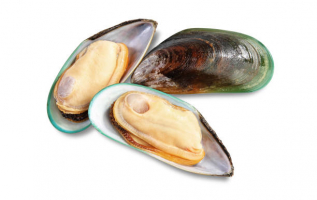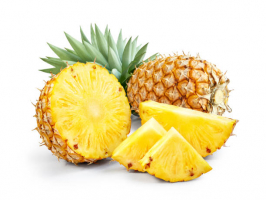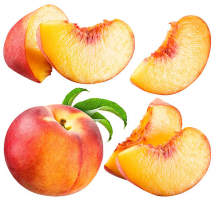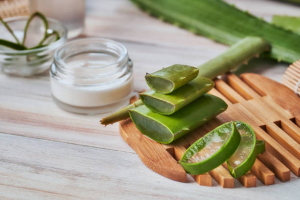Top 10 Health Benefits of Eating Avocado
Avocados, also known as alligator pear or butter fruit, are a variety of berries. They thrive in hot areas. Avocados include a high concentration of ... read more...monounsaturated fatty acids and a variety of vitamins and minerals. They can give a variety of advantages when incorporated into a diverse, nutritious diet. Toplist delves into the nutritional content of avocados and the greatest ways they may help your health. Continue reading for more details.
-
Avocados include vitamin C, E, K, and B6, as well as riboflavin, niacin, folate, pantothenic acid, magnesium, and potassium. In addition, they contain lutein, beta carotene, and omega-3 fatty acids. Avocados are strong in healthy, beneficial fats, which can make you feel fuller between meals. Eating fat inhibits carbohydrate digestion, which helps maintain blood sugar levels constant.
Roughly half an avocado, or 100 grams (g), contains:
- 160 calories
- 14.7 g of fat
- 8.5 g of carbohydrates
- 6.7 g of fiber
- less than 1 g of sugar
As you can see, avocados are extremely nutritious fruits that are high in good fats and fiber, as well as a variety of vitamins and minerals. They're high in nutrients that many people don't get enough of, like magnesium, B6, vitamin C, vitamin E, and folate. Avocados are high in nutrients that are important for good health, and eating them on a regular basis may assist improve overall diet quality.

Excellent source of nutrients 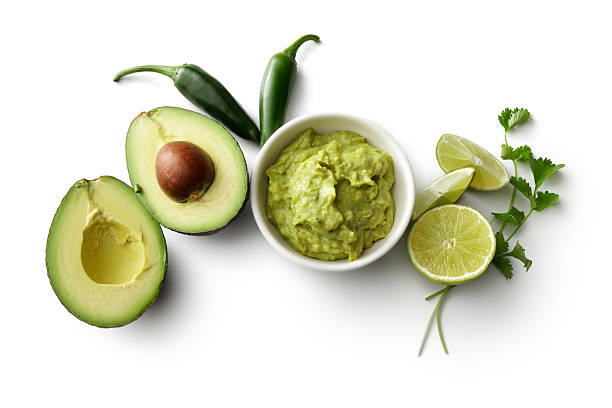
Excellent source of nutrients -
Avocados are abundant in fiber, with each avocado containing roughly 14 grams. That amounts to roughly half of the current DV for this critical nutrient. Getting adequate fiber in your diet is critical for digestive health because it promotes the growth of beneficial microorganisms. A study of 163 overweight adults revealed that eating 175 grams (men) or 140 grams (women) of avocado daily for 12 weeks resulted in decreased fecal bile acid concentrations and enhanced bacterial diversity compared to a control group.
Increased bile acid concentrations cause intestinal inflammation and the proliferation of microorganisms linked to unfavorable health consequences such as colon cancer. Furthermore, the avocado group included higher levels of the bacteria Faecalibacterium, Lachnospira, and Alistipes, all of which create short-chain fatty acids (SCFAs) such as butyrate. SFCAs help colon cells function properly and protect against illnesses such as colorectal cancer and inflammatory bowel disease. Also, bear in mind that all fiber-rich meals, such as fruits, vegetables, nuts, and seeds, are beneficial to gut health. Eating a range of fiber-containing foods, not only avocados, is the most essential aspect of sustaining digestive health.
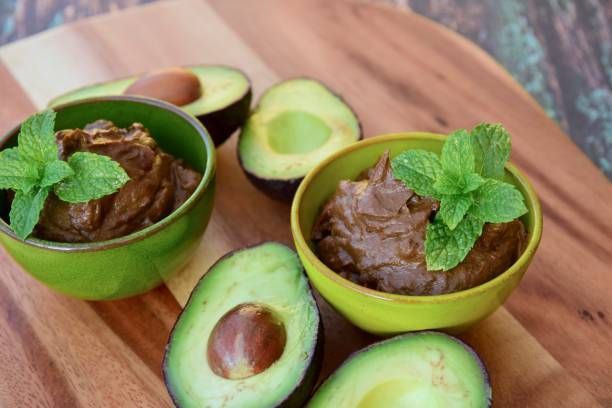
Beneficial for gut health 
Beneficial for gut health -
Consuming nutrient-dense foods like avocados on a regular basis may help protect against heart disease. Avocados' vitamins, minerals, good fats, and fiber all contribute to a healthy cardiovascular system. According to the findings of the study, an avocado-rich diet may help lower heart disease risk factors, hence preventing the start of heart disease. The Hass Avocado Board supported several studies on the impact of avocados on heart health. While this does not invalidate study findings, some experts believe that industry engagement in peer-reviewed research may distort outcomes.
Nonetheless, avocados may help boost heart-protective HDL cholesterol while decreasing oxidized LDL cholesterol, a kind of cholesterol linked to atherosclerosis, or the formation of plaque along artery walls. Avocados' high potassium and magnesium content are also useful for blood pressure management. Maintaining healthy blood pressure is crucial for preventing heart disease.

Help reduce heart disease risk factors 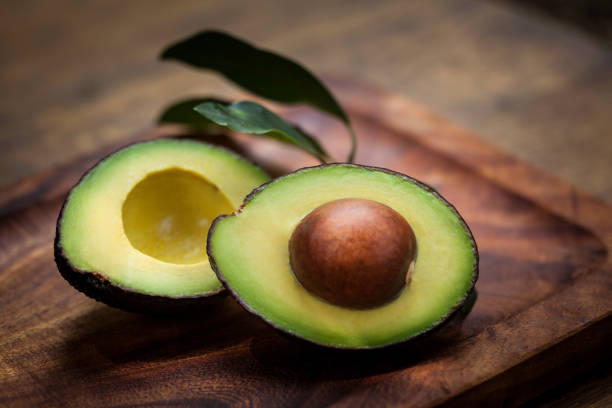
Help reduce heart disease risk factors -
Avocados are high in bioactive substances such as carotenoids, vitamin C, vitamin E, and phenolic compounds, in addition to vitamins, minerals, healthy fats, and fiber. These compounds have been demonstrated to have powerful antioxidant, neuroprotective, and cardioprotective properties. Carotenoids contained in avocados, such as lutein, -Carotene, and -Carotene, have been demonstrated to have powerful antioxidant properties, guarding against oxidative damage, which has been linked to the advancement of many chronic illnesses.
Avocados are abundant in antioxidants, thus eating them on a daily basis may help boost the body's antioxidant defenses. A short research of 45 adults discovered that eating one avocado per day raised blood levels of the pigment lutein compared to a typical Western diet that did not contain avocado. Furthermore, increased blood levels of antioxidants found in avocados, such as vitamin C and carotenoids, have been linked to improved cognitive performance, improved heart health, and other benefits.
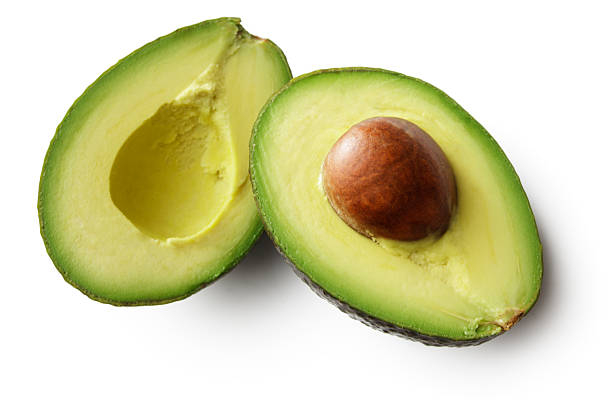
A rich source of antioxidant and anti-inflammatory compounds 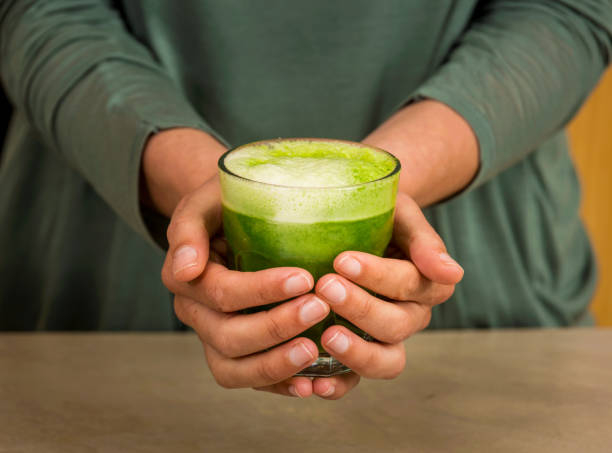
A rich source of antioxidant and anti-inflammatory compounds -
Although there are many factors that impact weight, eating a nutritious and balanced diet is likely the most important when it comes to achieving and maintaining a healthy body weight, which is essential for illness prevention. Avocados are rich in calories, however, they are abundant in nutrients and help promote satiety due to their high fiber and beneficial fat content. Following a dietary pattern high in fiber foods, such as fruits and vegetables, may aid promote weight loss, according to research. Furthermore, persons who consume more fiber tend to maintain healthier body weights than those who consume less fiber.
In 345-person research, fiber consumption was revealed to be the most important predictor of body weight, regardless of calorie and macronutrient intake. Furthermore, a number of studies have linked avocado consumption to weight reduction, increased satiety, and decreased belly fat. The Hass Avocado Board, on the other hand, funds practically all studies looking into the benefits of avocado intake on weight loss. Again, while this does not invalidate study findings, sponsorship from the food sector may impact study conclusions.

Help promote a healthy body weight 
Help promote a healthy body weight -
Nutrient requirements skyrocket during pregnancy and lactation. During pregnancy, your folate requirements skyrocket. Unfortunately, many pregnant women throughout the world do not get enough folate, which increases the risk of pregnancy problems. One avocado contains 27% of the daily folate requirement for pregnant women. Eating avocados will also help you meet the recommended dietary requirements for nutrients like vitamin C, potassium, and B6, which are required in higher amounts during pregnancy and lactation. Avocados' high fiber content may also help reduce constipation, which is especially frequent during pregnancy.
Many nutrients are required in greater quantities during pregnancy and nursing. Avocados are an excellent source of vitamins and minerals such as folate, potassium, vitamin C, and vitamin B6. Stuff half an avocado with salmon or chicken salad for a filling pregnant and breastfeeding-friendly lunch or snack.
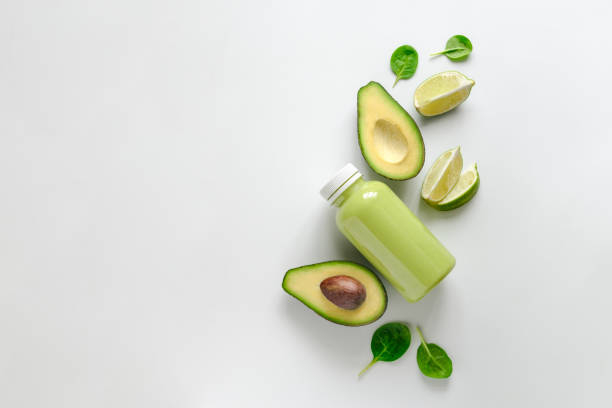
A smart choice during pregnancy and breastfeeding 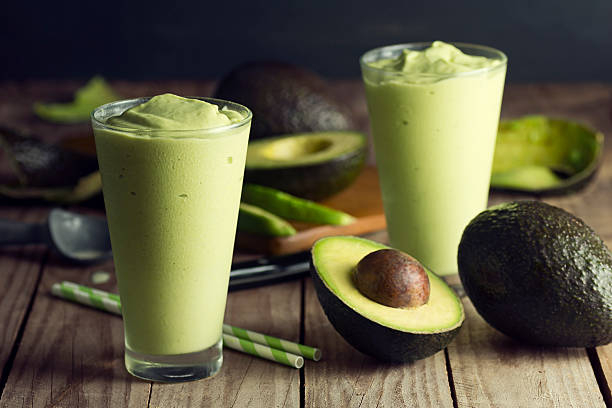
A smart choice during pregnancy and breastfeeding -
Avocados, in addition to being incredibly healthy, may be utilized in a variety of dishes, both sweet and savory. This makes them an excellent ingredient to keep on hand. Avocados may be used in a variety of ways, so don't be afraid to explore. If you want to keep your avocados as fresh as possible, store them in the refrigerator until you're ready to eat them. Allow your avocado to mature on your counter for several days if it is still firm and green. Avocados are ripe when they are somewhat tender to the touch and have a rich green hue. If your avocado is soft and dents when poked, it's probably beyond its prime.
However, overripe avocados may be used in dishes like as baked foods and salads, so don't throw them out unless they have a foul flavor or smell, are moldy, or the flash is badly discolored. Avocados may be used in both sweet and savory dishes such as smoothies, desserts, soups, salads, and burritos. They may also be eaten on their own with just salt and pepper.
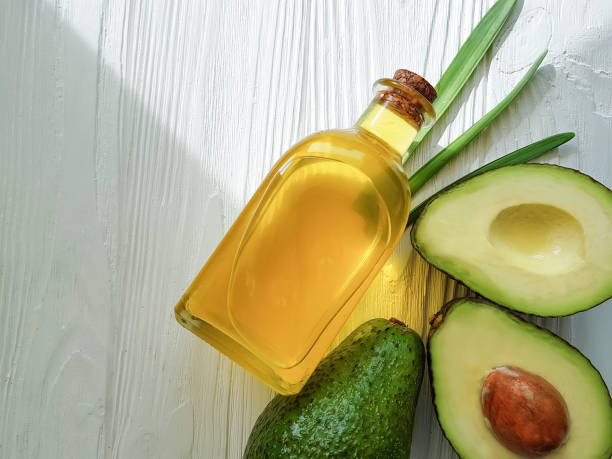
Versatile and delicious ingredient 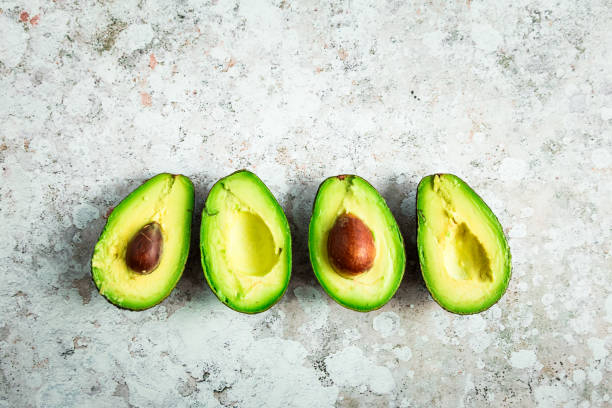
Versatile and delicious ingredient -
There is yet to be a direct correlation established between avocado intake and a lower risk of cancer. Avocados, on the other hand, contain chemicals that may help prevent the start of some malignancies. A high folate consumption has been linked to a lower chance of developing colon, stomach, pancreatic, and cervical malignancies. However, the mechanism behind this relationship is unknown. Half an avocado contains around 59 mcg of folate or 15% of the daily intake.
Avocados are also abundant in polyphenols and carotenoids, both of which may have anti-cancer qualities. Carotenoids, in particular, have been demonstrated in studies to protect against cancer development. According to a 2013 study, avocado-eating may help prevent breast, oral, and throat cancers. These connections, however, are often the product of test-tube experiments rather than controlled human trials. More study is required to confirm these relationships.

Components may prevent cancer 
Components may prevent cancer -
Do you have joint inflammation or cartilage degradation? You may be taking medications, but they all have negative side effects. Avocados are a healthy choice for arthritis treatment and can even help prevent the condition from starting. Avocados include antioxidants as well as anti-inflammatory effects, which preserve cartilage and aid patients suffering from osteoarthritis.
The fruit's oil content helps alleviate osteoarthritis symptoms by lowering inflammation. It also decreases oxidative stress and protects cartilage from increasing degradation. This vitamin is sometimes ignored, although it is critical for bone health. Getting adequate vitamin K can help with bone health by boosting calcium absorption and decreasing urine calcium excretion.
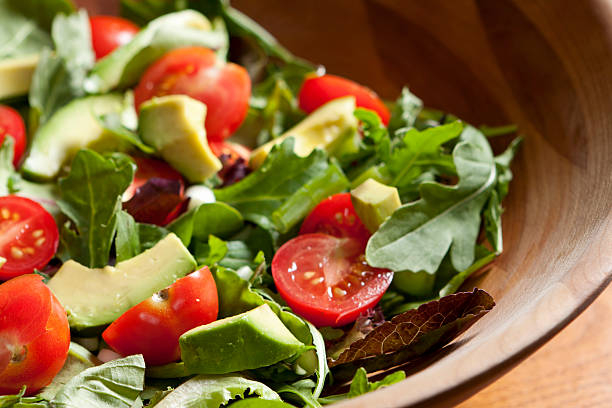
Anti Inflammatory 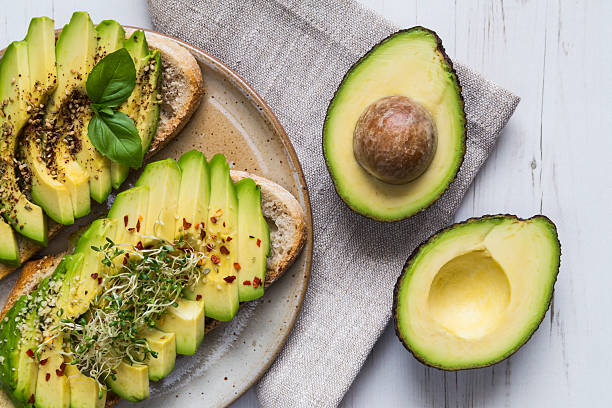
Anti Inflammatory -
Avocadoes' MUFAs, or monounsaturated fatty acids, promote adequate absorption of carotenoids found in the fruit as well as other meals. Carotenoids improve eye health and help to avoid eye disorders. Avocados' carotenoids, lutein, and zeaxanthin are especially beneficial since they are absorbed in the ocular macula. Avocados include antioxidants that help filter out blue light, which may be detrimental to the eyes and protect the eye cells.
Avocados include the carotenoids lutein and zeaxanthin, which are found in eye tissue. They give antioxidant protection to help reduce damage caused by UV radiation. Avocados' monounsaturated fatty acids also aid in the absorption of other valuable fat-soluble antioxidants like beta carotene. As a consequence, incorporating avocados into your diet may help lower your chance of getting age-related macular degeneration.

Great for vision 
Great for vision














